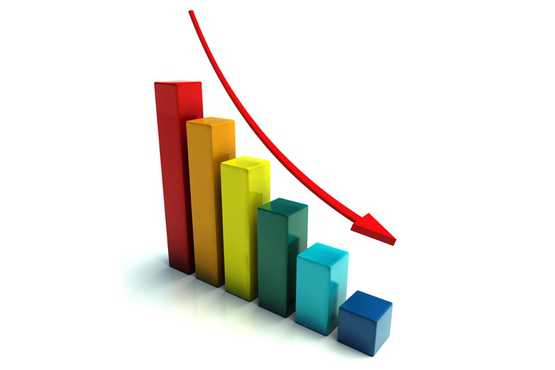Multiple shocks hitting Ethiopia are slowing its economic growth, further increasing inflation and creating fiscal and external pressures, said a team of the International Monetary Fund (IMF) Tuesday.
The IMF team, led by Sonali Jain-Chandra, made a five-day-long technical staff visit to Ethiopia and held discussions with several government officials, including Minister of Finance, Ahmed Shide, and Governor of the National Bank of Ethiopia, Dr. Yinager Dessie, last week.
Jain-Chandra said the Ethiopian economy has been subject to multiple shocks over the past two and a half years.
These shocks include the COVID-19 pandemic, drought, conflict in the north of Ethiopia, and the spillover effect of the war in Ukraine as well as a sharp fall in donor financing and Foreign Exchange (FX) shortage.
Their impact “has created significant macroeconomic and humanitarian challenges,” said Jain-Chandra.
It will also force Ethiopia’s economic growth to slow down to 3.8 percent in 2022, from 6.3% last year, according to the IMF’s latest forecast.
The growth rate is significantly lower than the government of Ethiopia’s 6.6 percent projection for the year.
Despite the difficult economic environment, the IMF’s team said exports and Foreign Direct Investment flow to Ethiopia “have held up well”.
However, it said rising global commodity prices for fuel, food, and fertilizer, driven, in part, by the war in Ukraine, will increase imports and widen the current account deficit in FY 2021/22.
“This, combined with lower external loan disbursements has weakened the external sector and put downward pressure on reserves, which remain inadequate,” said Jain-Chandra.
According to the IMF team, authorities are committed to improving the efficiency of public investment, oversight, and reforms of State-Owned Enterprises and containing public sector borrowing, consistent with their goal of meeting development objectives while strengthening debt sustainability.
MG/abj/APA


